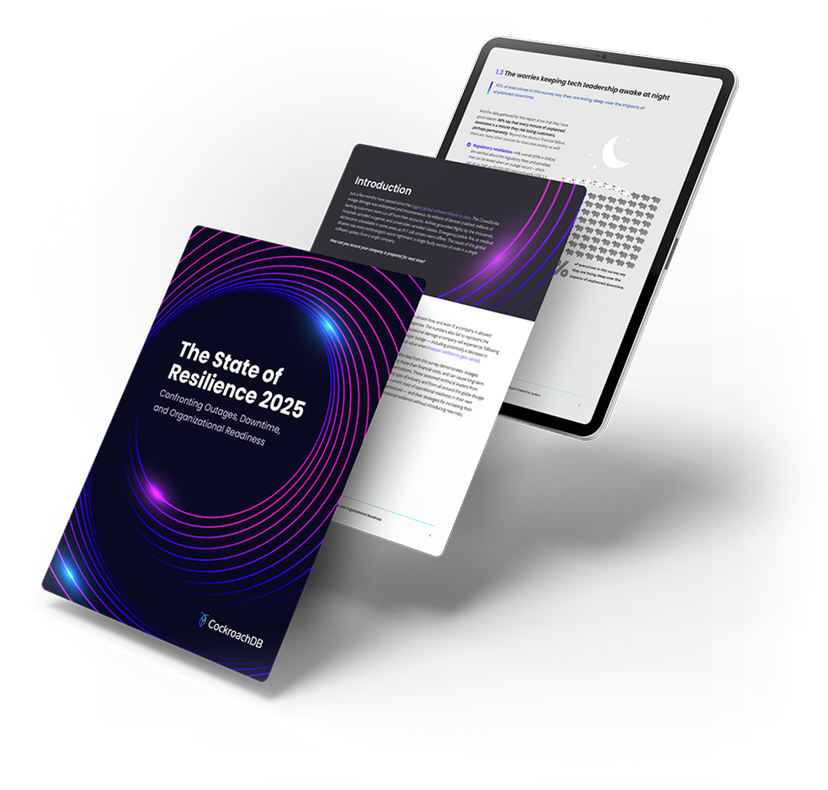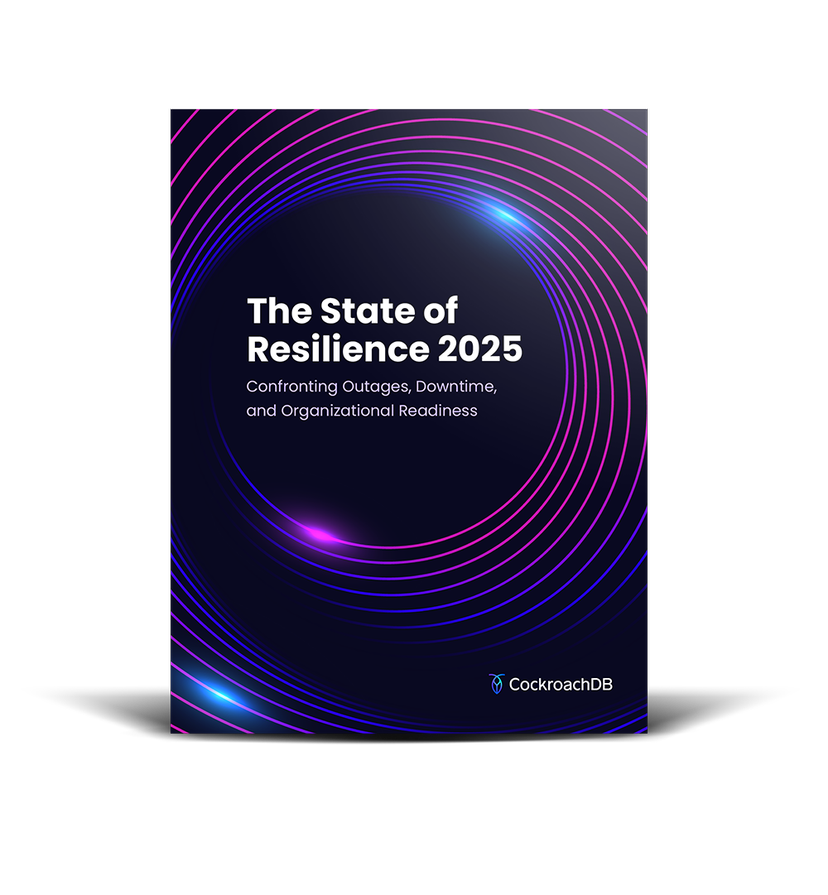REPORT
The State of Resilience 2025
1,000 senior technology leaders expose the resilience strategies, priorities, and vulnerabilities facing enterprises today.
Inside the report
Outages on the rise
On average, organizations are experiencing a staggering 86 outages each year, jeopardizing revenue and reputation.
Regulations loom large
79% of companies admit they're not ready to comply with new operational resilience regulations like DORA and NIS2.
Weak spots ignored
95% of executives surveyed are aware of existing operational vulnerabilities, but nearly half have yet to take action.

A first-of-its-kind report
In today’s rapidly evolving digital landscape, operational resilience is not just an option; it’s a necessity. The State of Resilience 2025 uncovers alarming statistics from 1,000 global enterprises regarding the operational, financial, and reputational impacts of downtime, highlighting the pressing need for businesses to embrace proactive resilience strategies.
Eye-opening stats. Actionable insights. One essential resource.
The soaring cost of downtime: Uncover the significant financial impact of outages and their alarming frequency across organizations.
Leadership concerns and regulatory pressures: Explore the challenges business leaders face in implementing effective solutions amidst increasing regulatory demands for compliance.
Proven strategies for operational resilience: Learn about cutting-edge approaches, including AI-driven automation, distributed systems, and proactive resilience testing, that organizations are adopting to bolster operational resilience.

Get your free report today
Don’t wait—get the insights and strategies you need to stay resilient in 2025. Download the full report now to uncover key priorities and proactive steps to safeguard your business.
Research Methodology
The Operational Resilience in Enterprises Survey, conducted by Cockroach Labs and Wakefield Research, surveyed 1,000 Senior Cloud Architects, Engineering, and Technology Executives (VP level and above) across North America (US, Canada), EMEA (Germany, Italy, France, UK), and APAC (India, Australia, Singapore) from August 29 to September 10, 2024, via an online survey. Results are subject to sampling variation; for this study, there is a 95% chance that the results vary by no more than 3.1 percentage points globally, 6.9 percentage points in the U.S., and 9.8 percentage points in other markets compared to a complete survey of the population.